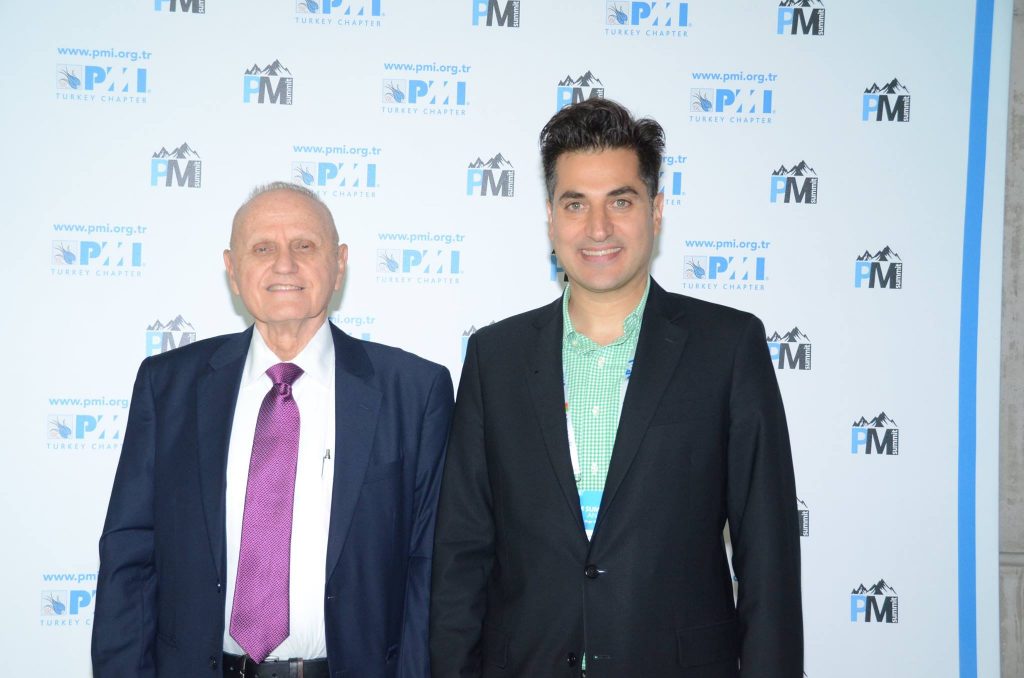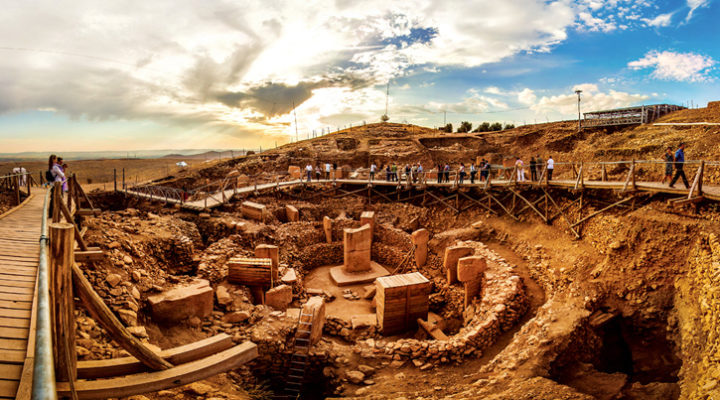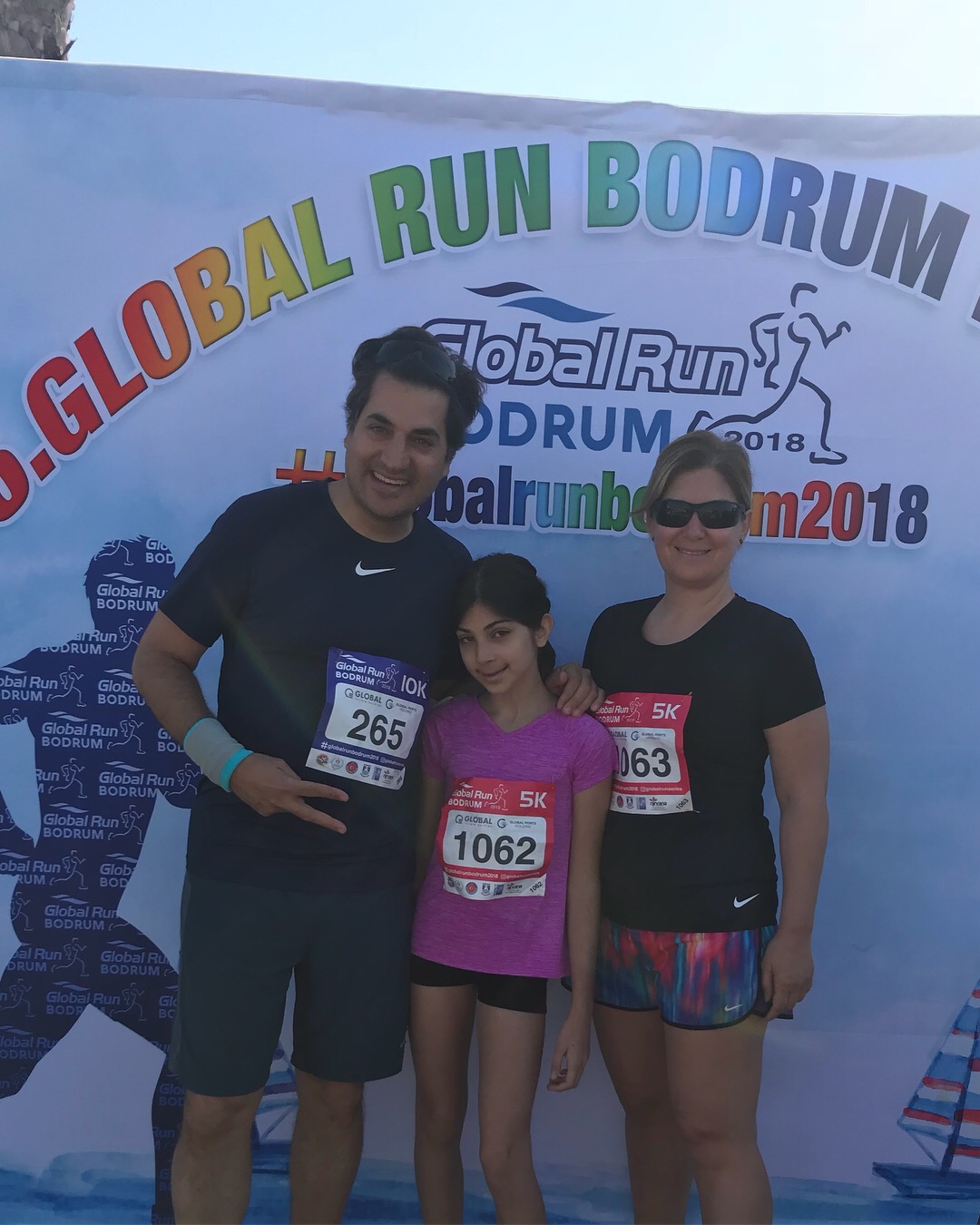Today I will talk about the refugee crisis, which is the largest humanitarian crisis experienced since the Second World War, increasing with the events in Syria. This means that our world has not experienced such a humanitarian crisis for the past 70 years. So, what are you doing or what can you do about it?
How to ensure peace and development in Syria and in the region? How the largest migration in the world history that occurred following the war in Syria will affect the region and the world? And we, the countries, governments, states, institutions, and even individuals, what can we do about it? What does all this have to do with the administration of projects and the project world? What relationship is there between peace, development, migration and even projects?
When we presently think not about the current situation, but about the future, here are some comments said about this and attracted my attention:
“The result of the problem and migrations of Syria is a test for humanity of the world”
“It is very difficult to plan the future where there is no peace”
“We must learn to live together in a better way in the future” and
“It is necessary to balance the social economic levels in all regions for there to be a future”.
When we look at things, in reality, we are all aware, or even if we were not aware we now realize every day a bit more that as long as peace is not established in Syria, the Syrians do not have a life worthy of living and have no house, there will be no peace in the region, the region will not grow, there will be no peace in the world, and forced migration of millions of people to all sides of the planet, especially migration in their own region and appellation of refugees, will not end.
People die every day in Syria. Hundreds, thousands die every month because of the war. Children die with a bomb while playing in the streets. Think of these children as yours, that they are your brothers or sisters or someone you know. Think about it just for one minute. You can find videos about that, they are all real. You can view them real-time now. You can watch the real-time war, you can watch the death of people in real time, we believe that technology has advanced to this point. However, as stated in the above sentences “It is very difficult to plan the future where there is no peace,” “It is necessary to balance the social economic levels in all regions for there to be a future”, so we can grow after that. That is to say that if we watch their deaths on TV and do nothing, it will be difficult to plan a normal future for all. The world’s situation facing the migrations that as the consequence of the war, as again stated in the sentence above “The result of the problem and migrations of Syria is a test for humanity in the world”, this is therefore about the way it will face this humanitarian crisis. Will the world act as a sensitive person or think only of its own present? Whatever are the world’s actions to confront this problem and migration, it will show the real level of our humanity in this century. If millions of people migrate, hundreds of thousands of people die, and we close our eyes, this will determine clearly our score about our humanity. Really, watch this movie, it’s on YouTube.
What should we do at the stage we have reached, following the war in Syria, which began March 15, 2011? This is not the first migration nor the first war, there were also in the area other major migrations, consequences of the wars in Afghanistan and Iraq. This continues in Africa; there is also the continent of America. Migration, internal migration, external migration, asylum seekers, refugees – all this is now part of our daily conversations, very close to us, among us.
The world has really realized the gravity of the situation when the war in Syria has reached its fifth year. We would perhaps not see as naked as the way the dramas are experienced, migration that occurred as a result of the war in Syria, if the dead baby’s, Aylan’s body and many other bodies had not failed on our shores at Akyarlar and if that famous photo was not taken. Migrants struggle every day to stay alive, to live through the sea, risking their lives. At the risk of their lives. At the risk of the lives of their children. Are these people wanted to be asylum seekers, was it the best choice they had in life?
According to the 2016 UN report, 13.5 million people need help now in Syria. 6 million of this population are “children”. The whole of this population is deprived of their homes, from their homeland.
Are you aware of the scale of the increase in problems that have increased like an avalanche in recent years as a result of migration in the world? Is forced migration does not affect issues of religion, race, employment, language, terrorism, health? The humanity test for societies is this: should we think first about ourselves or deal with the problems of these people? Does everyone want these Syrians from abroad or those who have migrated by the force of circumstances in different countries? The most important topic of election discussions in the United States isn’t migration? Wasn’t it the most efficient use of migrants who made America what it is, isn’t this the past that they were proudest of? Hasn’t England decided to leave the European Union with the last referendum? Migrants were not the most important factor in their decision. While some countries take 50 or 60 refugees in total, what’s the plan for Turkey and the world about the presence of more than 3 million refugees in Turkey? What is the strategy, integration models or different scenarios models? What was planned in the last five years and is applied? Why this need for the first time to organize the humanitarian UN Summit, which was held for the first time in the world, and took place in Istanbul?
Turkey, Jordan, Lebanon, and Iraq are the countries that suffered the greatest impact of the war in Syria, by their nature of border countries. Turkey is the neighboring country that hosts most Syrians. Jordan and Lebanon are the countries containing most Syrians compared to the population of their country.
The statistics I will give only because I live in Turkey and I’m Turkish, are actually the problem of worldwide: there are 3.1 million new refugees in Turkey (I do not like the term refugee, but that’s the word, I would have preferred that we call them our neighbors). 2.7 of these neighbors are Syrians. Among these, 272,811 live in 26 camps in Turkey. This means that we managed to settle 10% of refugees in camps. In other words, 90% do not live in camps. Where do they live? What are they doing? They came here in very difficult conditions by fleeing their own country, leaving behind their homes, their cars and maybe their money. How do they eat, how do they work? What are their original professions, their training? How old are the children, are they healthy? In fact, before asking about their job, do they have the right to work? Do they have the capacity to stay or to move from one country to another in a legal way? In fact, our statistics about most of these issues are still unclear.
I think we should reflect on what we can do; it is not always just talk about what has not been done. It may also be good to know what is needed, reflecting on it. In fact, the region and these people need help in all subjects. If we, however, make a brief generalization: they need food, housing, clothing, medical care, legal assistance, hiring, training (language and vocational training), assistance to women, assistance to young people, assistance to the disabled, culture and art, infrastructure, supra structure, so there are areas where all institutions can contribute, whether small or large proportions.
I would like to focus more on the world of project administration. What contribution can get the world of project administration? In addition, everyone went there thinking of a project rather than administration of the project. There are so many areas in which contributions can be made by preparing projects, by designing and applying all the topics I listed above. Those most likely to do so are project managers, people who have project experience or project volunteers, people who want to enter the world of the project, the institutions, and persons who have become technical experts on this subject. Speaking of institutions, NGOs, counseling firms, universities, municipalities, chambers of commerce, unions, the private sector-everyone but really everyone can contribute.
Many fund agencies began to give or will give subsidies on topics where you can be helpful. You can find many sponsors you can volunteer; you can join the teams who make plans for it. You can also follow projects and funds on this by funds and project portals like assortis.com, projelervefonlar.com, devex.com.
If you intend to use your capabilities in a useful and significant way, this is the right moment for humanity. Come on, everyone and especially all those who have entered in one way or another in the world of project administration; make even a small contribution to the greatest humanitarian crisis of our world after the Second World War making projects in this sector.
Please, think about it and take actions. You are needed. You can contact us anytime if you have questions. Everyone is welcome to improve our future.
Video is in Turkish.









